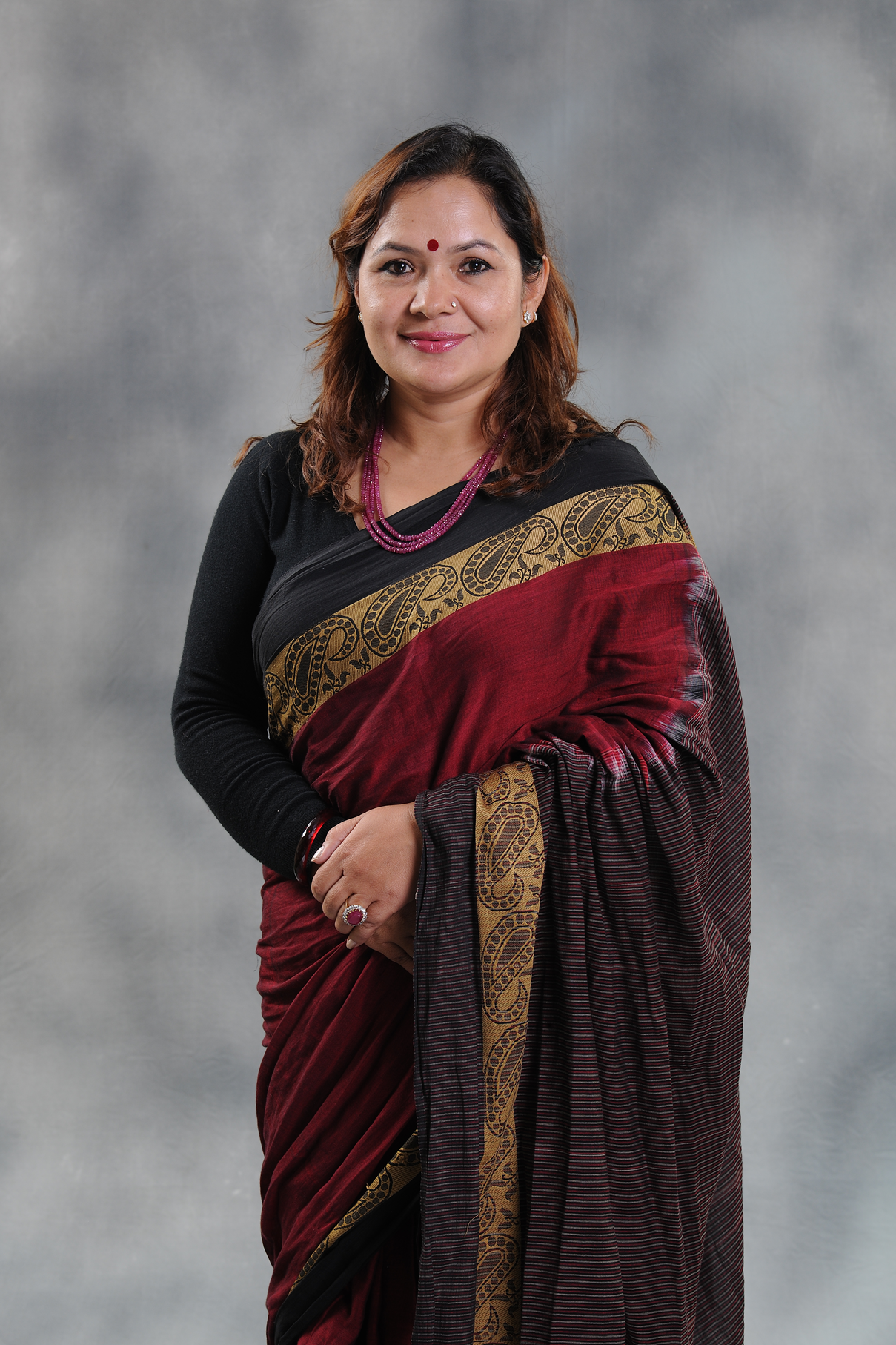An Educator's Perspective on School Selection
Educator/Trainer Anju Bhattarai, an experienced educator, shares her insights on the importance of choosing the right school in an exclusive interview. She believes that the journey of education is a thrilling adventure, but selecting the right school can

Education is a diverse field with each educator and school having its unique approach and mission. Parents must find a balance between their values and the school's ethos to choose the right school for their child's future. This involves focusing on academic excellence, holistic development, or community-based learning. Parents' choices reflect their desire for an ideal educational environment where their children can thrive and flourish.
Choosing a school with sensitivity is crucial for conscientious parents, as it facilitates their children in discovering the appropriate goals for their future.
As the famous writer Victor Hugo says - 'He who opens the door of the school, closes the door of the prison.'
The basis for choosing the right school
The great thinker Chanakya says - 'Before taking any decision, ask yourself three questions. What am I doing What can be the result of this? How successful can this be?' He suggested moving forward when these questions are satisfactorily answered.
1. Is the course taught or based on a textbook
The choice of school should be based on the curriculum which is created considering children's psychology and the brain's capacity to process information. Textbooks are only a medium, and additional educational programs are crucial for achieving the objectives of the curriculum. It is important to choose a school that does not rely solely on textbooks but instead teaches children how to think and learn. The learning method should focus on raising questions and curiosity in students, as it inspires them to learn, know, and understand new things.
2. How many teachers are qualified?
Anthropologist Margaret Mead emphasizes the importance of teaching children how to think rather than what to think. Qualified teachers play a vital role in teaching children how to think, learn, and know. School management has a special responsibility for preparing qualified teachers and acclimating them to new and scientific teaching methods. Parents should ask about the school's teacher capacity development program.
3. What is the learning method?
APJ Abdul Kalam says - 'The most important quality of a student is that he keeps asking questions to the teacher.'
Teaching students does not mean that they have all the answers. Instead, let them have countless questions and curiosity. Such a question inspires them to learn, know, and understand new things. The teaching method is responsible for developing this kind of quality in students.
The meaning of teaching is to make people curious rather than to make them know. Because we can't teach everything to today's children. The resources, tools, and information we have today are not enough for them. Therefore, no matter how much we teach them, it will be limited. Instead, it will make them curious. Our teaching method should be such that it raises questions in student's mind
A school employing this teaching approach might be appropriate.
4. How adequate are the educational resources and infrastructure?
Adequate educational resources are needed to acquire new information and knowledge.
Are there facilities such as a library, science lab, playground equipment, etc., available or not. When children reach school, they should not be limited to books and copies
In such circumstances, the school must provide a variety of educational resources for both theoretical and practical knowledge from alternative sources. It's imperative to assess what resources are available.
5. Is the physical infrastructure student-friendly?
Adequate educational resources and infrastructure are essential for acquiring new information and knowledge. Schools should have libraries, science labs, and play materials available, and parents should monitor their children's access to various sources for theoretical and practical knowledge. The physical infrastructure of a school should be student-friendly, with spacious classrooms, well-ventilated corridors, and other facilities that allow children to feel comfortable and connected to nature. Prioritizing extra activities such as sports, singing, and oratory can help children develop their abilities according to their interests.
6. What was the history of the school like?
The school's history and past should be evaluated, and parents should inquire about the students who studied there and their current capabilities. The school should also be updated on the condition of its students, allowing them to self-assess their reading style and demonstrating the school's awareness and responsibility for the future of its students.
7. What is the distinguished feature of the school?
This is an important condition for choosing the right school. As we have given a separate identity to Akshara School as 'cultured education',our goal is not only to teach students but to make them well-educated and cultured because "Sanskar" gives people the perspective and guidance to live the right life. That is why we have given as much importance to culture as to education. Here, children learn how to respect their culture, how to follow it, and how to connect with life and the world. In this way, each school must have its separate practices and characteristics.
I truly believe school is a society in itself, where students spend time reading, playing, having fun, learning, and making friends. Students learn from friends and teachers, and it is crucial to create an inspiring and positive environment where students feel comfortable and supported.
A student's profile isn't solely defined by exam outcomes; it encompasses their cultural awareness, capabilities, skills, creativity, and humility. To determine the contribution of the school to the overall development of children, it is important to know how they have been inspired in various fields like sports, art, literature, and science.
Every school should recognize the level of support provided for the development of students' abilities, personalities, and skills through diverse methods.


